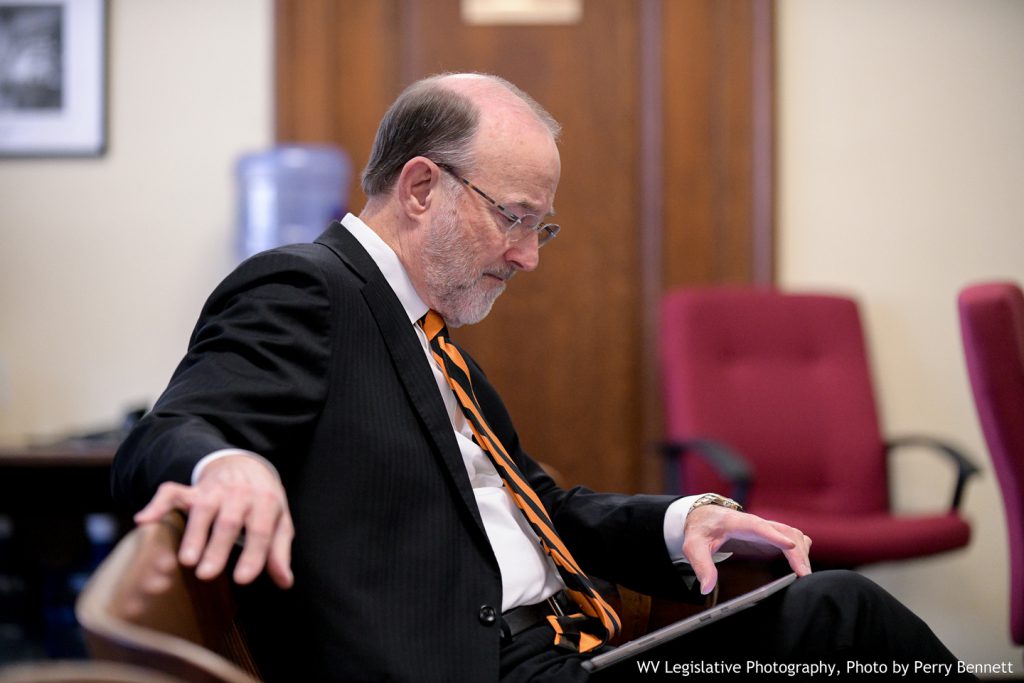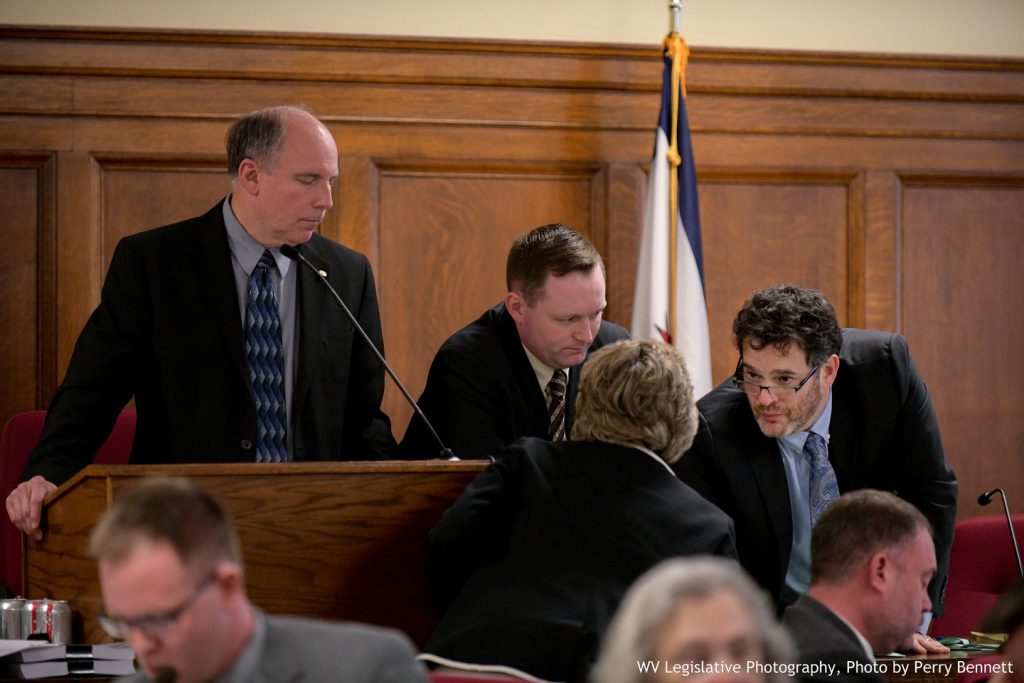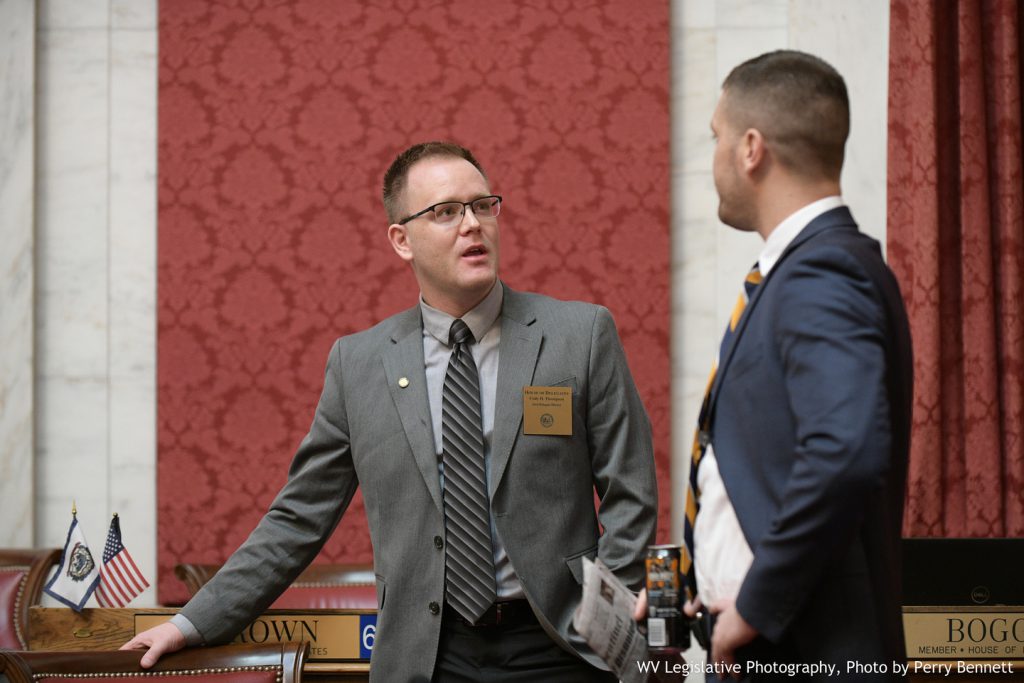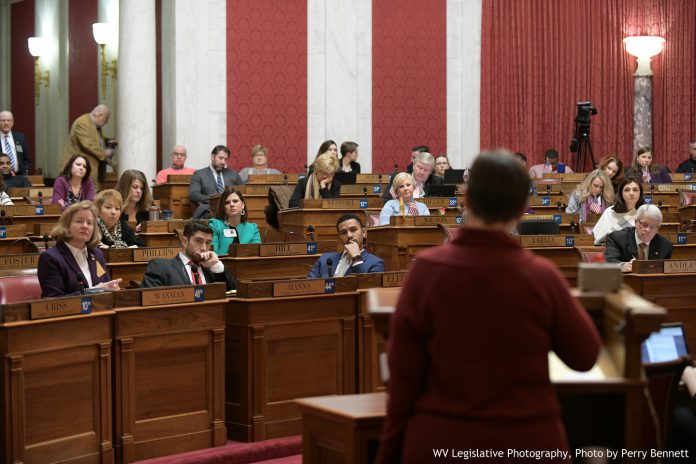Foster Care Bill Generates Buzz in West Virginia
A House bill that would bring significant changes to West Virginia’s foster care system is generating conversation within the walls of the state Capitol this week.
House Bill 2010 would move care of foster children from the West Virginia Department of Health and Human Resources to the hands of a managed care organization. The managed care organization would be responsible for facilitating care programs for foster children and would be responsible for the behavioral, dental, and general healthcare for these children.
The bill also aims to put foster children who need to be placed in residential care facilities in facilities within the state, providing the state can adequately provide care.
The DHHR would have until the beginning of 2020 to contract this jurisdiction out to a managed care organization, a contract that the state agency is already working on outside of the legislation and proposing for public comment.
Those who support the bill say the change will help revitalize a struggling state foster care system. However, opponents are wary about relinquishing the responsibility of healthcare to a private entity.
The House Committee on Health and Human Resources held a public hearing at 9 a.m. on Tuesday to hear the myriad concerned and supporting voices.
A primary argument against the bill is that House Bill 2010 would add unneeded bureaucracy to an already difficult process of getting treatment for a foster child.
Carey Jo Grace, representing West Virginia’s Our Children Our Future, argued against adding another agency to the already difficult life of a foster child in the state.
“These children need love and support, not more red tape,” Grace said.
Those who support the measure argued for the ability of managed care organizations to bring comprehensive and specialized care to foster children, who oftentimes go without. Jill Rice, representing UniCare, supported the bill.
“The use of these MCOs provides a single point of accountability for families,” Rice said. “Managed care organizations have the expertise, experience, and organization to maximize comprehensive care. We’ve been a part of this effort to get foster children care in the state since 1996, and we’re well-equipped to handle this.”
The urgency to address foster care is one that the state of West Virginia feels has been a long time coming.
With an opioid epidemic that seems to have sunk its teeth into every corner of the state, foster children seem to be largely forgotten victims. The DHHR reports almost 7,000 West Virginian children are currently in the foster care system with many having no permanent place to call home.

In his budget presentation earlier this week, DHHR Secretary Bill Crouch told the Senate Finance Committee about 154,000 West Virginians are affected by substance use disorder, a major contributor to the amount of children in state care.
Despite the number of foster children increasing by about 3,000 in the past five years, the DHHR has significant staff shortages. Of the DHHR’s 1,200 vacant positions, 213 are in child welfare.
For these reasons, the DHHR has taken the stance that it could benefit from subcontracting a managed care organization.
“We need to have a managed care system for our foster care children,” Crouch said. “We’ve been working on that for some months. We are excited about making that change.”
DHHR Deputy Secretary Jeremiah Samples told the House Health and Human Resources Committee earlier this week the DHHR would continue to have a substantial say in the foster care system, and would work in tandem with the subcontracted managed care organization to ensure quality care for these foster kids.
The DHHR, under this bill, would choose the managed care organization, and place performance parameters by which to evaluate the organization. Additionally, the draft legislation contains a sunset provision, which would require the program to be renewed by the DHHR secretary in 2024.
The House Health and Human Resources Committee advanced the bill with amendments. One amendment proposed by Delegates Barbara Fleischauer, D-Monongalia, and Mike Pushkin, D-Kanawha, established an independent third party, an ombudsman, to investigate complaints and hear issues that foster parents may have with the managed care organization, with the goal of maintaining accountability.
As of this writing, House Bill 2010 has been passed through House Judiciary Committee with amendments. It is expected to go to the House Floor for passage next week.

Delegate Joe Ellington, R- Mercer, one of the sponsors, is among the lawmakers fighting for its passage. He argues although the bill isn’t a silver bullet, it’s an important step forward in revising the state’s foster care system.
“We’re trying to improve the care for these kids, it’s something that we will evaluate, there are controls in that. And obviously one size doesn’t fit all, but we are trying to move on this.” Ellington said.
There are 41 states that facilitate care for foster children using some sort of managed care organization model, and Ellington argues the proposal is what the state needs to revitalize the disjointed system.
“These states found that over time, they are better able to provide better care and keep better medical records and make sure that we’re not duplicating services, and make sure that we’re not placing children without knowing what their needs are.” Ellington said.

However, lawmakers including Delegate Cody Thompson, D- Randolph, have many concerns about the bill.
“This is privatization. We’re not trying to privatize worker’s compensation or anything like that, these are our children,” Thompson said.
Thompson addressed what he would like to see done with the state’s foster care system.
“The DHHR is severely underfunded and has been. They always talk about how the DHHR can’t find employees and how they’re struggling to keep up with their work, but if we funded it with this money instead of trying to privatizing it those problems would be alleviated,” Thompson said. “People don’t want to work there because the pay is low and the work is stressful. You’ve exacerbated their resources, and you continue to cut their funding, so of course it’s suffering.”
Despite differing opinions, many agree that the situation is urgent for WV foster children.
“At the end of the day these services aren’t currently being provided,” Delegate Ellington said. “I’d like to see this bill pass to begin to provide these services adequately, but if not, something has to be done. Something has to be done for the kids.”

